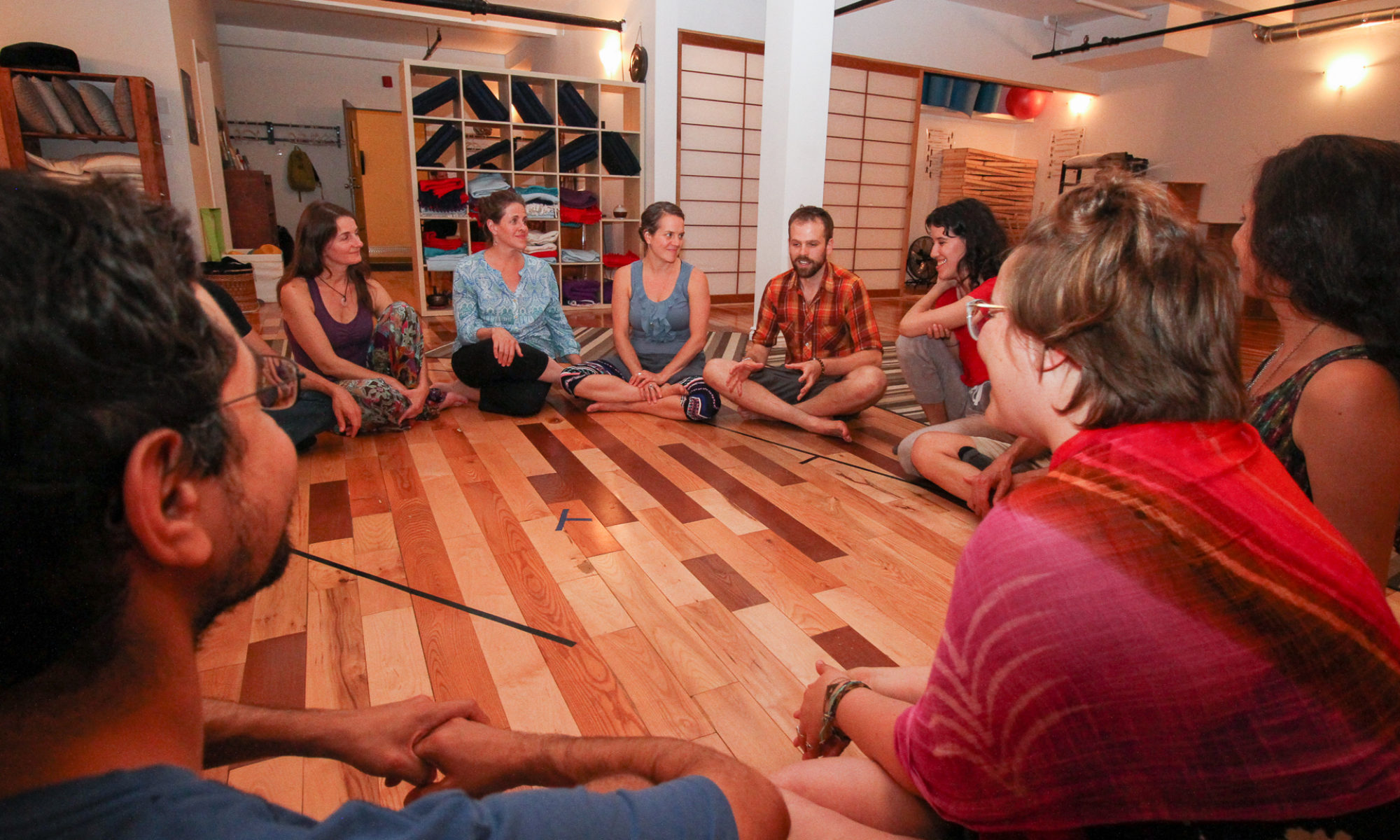I think a lot about honesty when it comes to Authentic Relating. There seems to be some overlap between authenticity and honesty. Authenticity is a sort of honest self representation to the rest of the world. Honesty being real, true, accurate, and congruent.
I don’t think about, nor have I heard anything about, “transparency”. Until now. At some level I’ve been thinking about transparency for a long time. I just didn’t have the word – surprisingly.
I’m not sure transparency and authenticity overlap – at all. Same with transparency and honesty. Though I would say that something that is not transparent can more easily be dishonest. If one wants to be dishonest then one may first try for opaqueness (the opposite of transparency) and then use the opaqueness as a protective shield to prevent discovery of their dishonesty. Transparency and honesty are two different things though, unlike honesty and authenticity. Transparency is about the ability to see something. Honesty is about whether something being presented is true. Without transparency one has to trust the other’s presentation. With transparency one can inspect and validate the truth of the presentation directly. Authenticity is a true self presentation and therefore a subset of honesty – where honesty applies to presenting things other than the self as well as the self.
When I hear “radical honesty” I think sometimes people mean “radical transparency and honesty”. That’s a bit different and I think the difference is important.
A person can be 100% honest in all their interactions without being 100% transparent. There’s no need to tell the barista “Wow, I think you look ugly.” if that’s the thought that comes to your mind when you step up to the counter to order your coffee. However, it may be 100% honest to say, “I would like a latte.”
I believe self transparency and self honesty have value and must be practiced and exercised. I also think we need to take breaks sometimes and relax. Interpersonal transparency and honesty don’t always have value and one must chose wisely when to exercise them and when not. That’s my belief, but I also have a strong value in moving toward more interpersonal transparency and honesty.
The more interpersonal transparency and honesty we have, the more connection and safety may be present. Transparency without honesty will allow one to invalidate another’s claims, sometimes. Later, another’s claims may simply be not trusted until the claims can be validated. Honesty without transparency will leave one in an uncertain place until they develop “rapport”, which in this case is simply time to validate another’s words as true or false – that is, build trust. Without transparency the rapport – or validation – may never happen. This could lead to a different kind of distrust: suspicion.
When someone is transparent, they are making themselves more vulnerable by being more visible (emotionally and intellectually naked). This is wonderful when intimacy is desired. This can be a kind of accosting when intimacy is not desired by at least one person involved. It’s no different metaphorically than stripping naked in a coffee shop and sitting down for your coffee. The others in the coffee shop probably don’t want this and will feel uncomfortable if someone does it.
Also like being physically naked, it takes time to get comfortable being transparent. And funny things may happen if one feels uncomfortable… like lying about one’s experience or feelings in order to try and hide. The better thing to do is to be honest, “I feel uncomfortable sharing right now.” then don’t share more. Not sharing is being opaque and is an important part of one’s personal boundary and personal space.
One may also chose not to share in order to be kind to the other. This can be tricky though because the other may not need it. For instance, if I chose not to tell the barista “Wow, I think you look ugly.” I’m doing so in part to avoid offending her. I’m also avoiding sharing this thought because it serves no good purpose in that moment. There are more tricky thoughts though. Like I may have a thought about a romantic partner that says, “I don’t trust you.” This thought may have some value to be shared even if it does not create immediate connection. If my partner has the space to hear it and we have time and space to explore it and unpack it then we may get to something valuable like “when you [my partner] spend 4-6 hours with John twice a week I worry that you may develop romantic feelings for him.” We may then come to some understanding or agreement about how to handle or respond to my worry – constructively.
There’s no way to know for sure if sharing something will have a good outcome or not. One can test the waters before sharing by asking the other, “I have something I’d like to share and I’m not sure how it will land. Do you have space to hear something that’s going on for me right now and help me process it?” This at least offers an initial check that may increase the likelihood of a positive result.
I see transparency as a way to increase intimacy and I don’t think increasing intimacy (and transparency) is always appropriate. However, in relationships where everyone wants increased intimacy and connection, transparency is a key ingredient to be exercised and increased with regard for each other. Honesty is something separate from transparency and can always be present even when not everything is being shared. I’d like that latte now.
